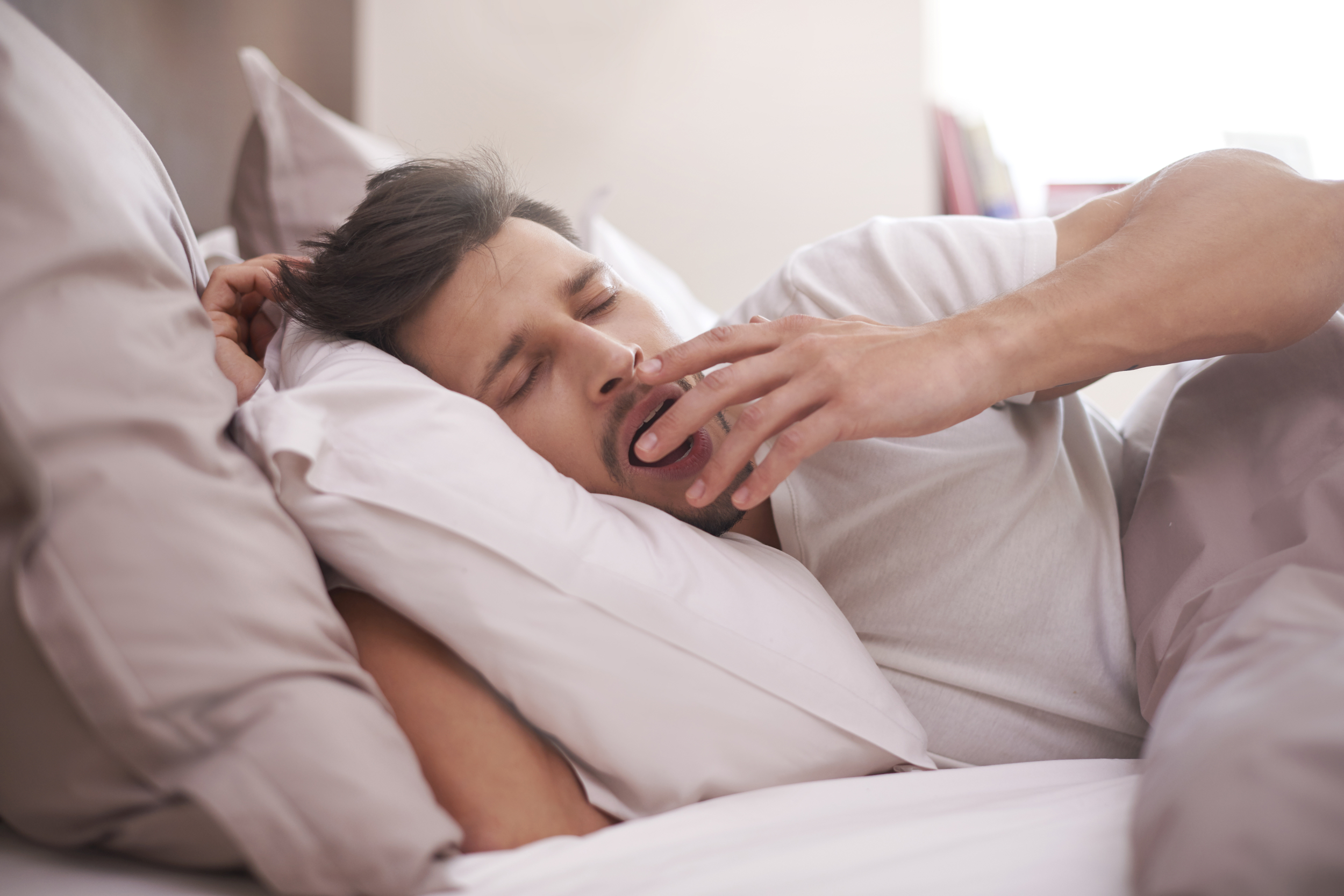
When it comes to lowering diabetes risk, it’s not just about your diet, but your sleep time matters too. According to researchers of a new study, it’s high time you prioritize sleep, as those who consistently sleep less than five hours a day face an increased risk of type 2 diabetes, even with a healthy diet.
The study from researchers at Uppsala University, published in JAMA Network Open, revealed that diabetes risk from chronic sleep deprivation cannot be compensated by healthy eating alone.
“Previous research has shown that repeated short daily rest increases the risk of type 2 diabetes, while healthy dietary habits such as regularly eating fruit and vegetables can reduce the risk. However, it has remained unclear whether people who sleep too little can reduce their risk of developing type 2 diabetes by eating healthily,” said Diana Noga, a lead researcher of the study.
The study used data from the UK Biobank, one of the largest population databases in the world, in which there are nearly half a million participants. The participants’ data was genetically mapped, and they responded to questions on health and lifestyle.
The research team followed up with the participants for over 10 years. They then found that a sleep duration of between three and five hours was linked to a higher risk of developing type 2 diabetes.
Although healthy eating habit was linked to reduced risk, the researchers noted that individuals maintaining a healthy diet but sleeping less than six hours daily still faced an elevated risk of developing type 2 diabetes.
“These findings suggest that adopting a healthy diet may not reduce the risk of developing T2D among those with habitual short sleep duration,” the researchers wrote.
“Our results are the first to question whether a healthy diet can compensate for lack of sleep in terms of the risk of type 2 diabetes. They should not cause concern, but instead be seen as a reminder that sleep plays an important role in health,” Christian Benedict, a lead researcher of the study, said.
However, the effect of sleep deprivation varies between individuals, depending on aspects such as genetics and a person’s actual need for sleep, Benedict said. “I generally recommend prioritizing sleep, although I understand it’s not always possible, especially as a parent of four teenagers.”
